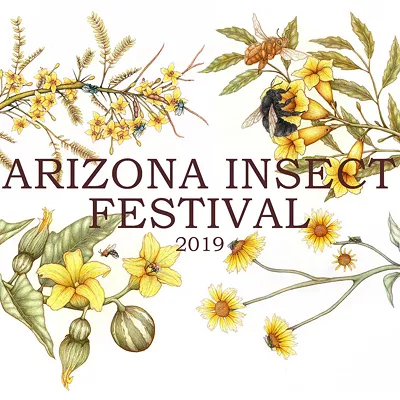After the performance, playwright Paul Bonin-Rodriguez took a seat on stage and read from a sequel play, following Johnny through the end of high school. Same character, two quite different readings, and for the purposes of Talk of the Town, I think the playwright (a talented actor himself) must defer to Kosters' concept of the character.
Bonin-Rodriguez's Johnny was more "out" in several ways--a bit more effeminate, but also more self-assured and more intensely (and loudly) projected. This is a Johnny who is absolutely comfortable with who he is, and not afraid to let us know it. He's also more Texan, which means, yes, louder. But Talk of the Town is our introduction to Johnny, wherein Johnny first realizes who he is with great delight and not a scrap of shame, even though the townsfolk try to shame him. Kosters is more soft-spoken and subdued. His humor comes across more subtly. Bonin-Rodriguez's Johnny knows he's making wisecracks and leans into them; Kosters' Johnny just has a wryness and inherent sense of irony that come across more simply and naturally.
I'd like to see Bonin-Rodriguez's approach applied in his three later plays about Johnny, but Talk of the Town is about the emergence of a character who is savvy but has not yet lost his innocence, and for this particular play, Kosters seems just right. "People can be so cruel when you're just being who you are," he notes without resentment or malice. Kosters' Johnny is a kid to whom the most important part of that sentence is "being who you are."
Just when he's about gotten used to being called a sissy by his macho Texas classmates, he befriends another social outcast at school, bonding over country music and a budding political (and sexual) awareness. When somebody sees Johnny comforting his bereaved friend on the playground with unseemly tenderness, Johnny becomes the talk of the town. The friend is sent to a school at a safe distance, and Johnny's mom, who is dating a preacher, gets to practice Texas indignance.
Johnny, undeterred, gets a job at the town's Dairy Queen, emphasis on "queen," befriending a co-worker of unusual inclinations (including an obsession with the British royal family) and serving Blizzards and burgers to a predominantly church-going clientele. Johnny and his pal amuse themselves by trying to guess how well-done a burger patty is without poking it, a game at which Johnny excels. "I see shades of gray better than most people," he says.
Which is a problem if you live in a black-and-white moral culture.
Bonin-Rodriguez can't help poking fun at the holier-than-thou rednecks he grew up with in Texas, but, like Johnny, he doesn't seem out for revenge. He's more interested in showing us how Johnny finds freedom and joy despite his difference, and how he's not about to let himself be bullied.
Kosters gets this early stage of Johnny's development just right. He seems to be confiding in us, not because he's ashamed of anything, but simply because it's nobody's business but his and the people he chooses to befriend. And watch how Kosters uses his hands in the play's early scenes. He's not exactly limp-wristed, but his fingers are splayed and held either flat against his thighs or nearly perpendicular to his arms, in that gangly--yes, sissified--early-adolescent way that may someday evolve into grace.
Director Kevin Johnson eases off that business with the hands as the play progresses, and Johnny gets a little bit older and more sure of himself. (Johnny tells his story from some point after it's happened, but you can see him grow in the telling.) Johnson also gradually relaxes some other production elements that weigh too heavily on the opening scene. At Arizona Onstage Productions, Johnson specializes in musicals, and he seems a little uncomfortable not being able to fall back on song sequences in Talk of the Town. So there's gobs of music playing in the background early on; not just the country songs Johnny talks about, but guitar segues and all manner of things that start to seem overbearing (and on opening night, Kosters sometimes had trouble projecting over it). Fortunately, Johnson strips out most of the music as the play progresses, as if he's gradually developing more faith in Kosters' ability to carry the show.
At the beginning and toward the end, Johnson also has a trio of shadow actors taking positions in the far background, creating a still tableau relating to Johnny's monologue. It's an interesting idea, but Johnson doesn't quite do enough with it to make the technique as effective as it could be.
Overall, though, it's an attractive production of a charming and funny play about growing up gay, a play that gay teens shouldn't be ashamed to take their parents to.











